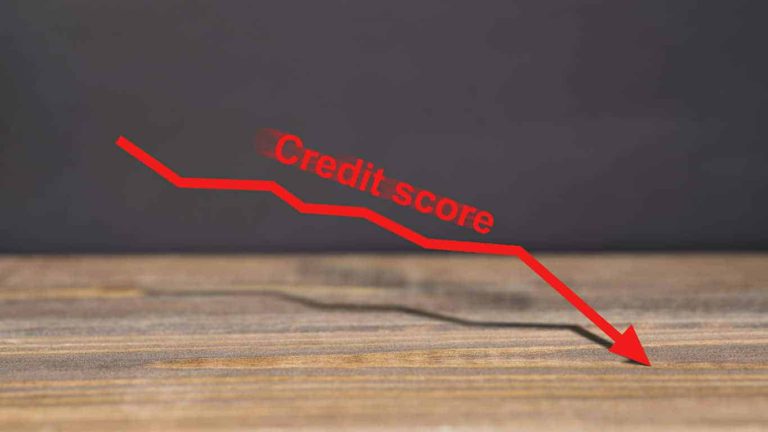Even when you are paying your EMIs, bills, and other payments on time, it is never pleasant to notice a drop in your credit score. Be not frightened if you’ve seen a recent decline in your credit score. Any one of a number of reasons, or a combination of them, may cause your credit score to decline. Even receiving acceptance for new credit might severely harm your credit score.
This is a pretty typical occurrence and doesn’t necessarily indicate that you done anything wrong because the credit score is not a static figure and it fluctuates. There are several theories that might apply if you have had this experience.
Many individuals believe their credit score should be good if they have paid their bills on time, but when it isn’t, they become confused. We can assist you if you’re curious about why your credit score is declining despite having paid all of your obligations on time.
1. Credit Utilization Ratio
One of the most crucial elements that contribute to a decline in your credit score is credit use rate. Everyone who offers you a credit card will advise you on how to use the available balance and make the required payment on time. But nobody advises you on how much money you should spend or what sort of ratio you should keep. Your credit score is 30 percent based on your credit utilisation ratio. It solely takes into account the revolving credit on your credit card.
According to some, the ideal habit one can have to keep their credit score stable is to only spend 30% of their credit card’s available amount each month.
2. In a Short Period of Time, Applying for New Credit
When a request for a new loan or credit card is received, the lenders and credit card issuers will inform the credit bureaus. After you apply for a new loan or credit card, the credit bureaus will subtract a few points. Before granting loans in these situations, lenders and businesses will do thorough investigation. You will receive a lower grade as a result of this examination, which is referred to as a hard inquiry. A high risk credit profile is correlated with a low credit score in the market, and having many card applications will also enhance your risk.
After a given amount of time, hard inquiries won’t show up in the credit report, so before applying for a loan or credit card, you should carefully consider which product will best meet your needs. Only then should you submit your application.
3. A decrease in the Credit Card’s available limit
If your credit card issuer has lowered your credit card limit that is another factor that may have contributed to the decline in your credit score.
For instance, if you have a limit of 20,000 and use up to 5,000 each month, but your limit is cut to 15,000, your utilisation ratio would immediately increase. Your credit score might plummet 40–50 points as a result. Earlier, it was 25%; going forward, it will be 30%.
In order to maintain your credit card utilisation ratio, you must pay attention to it regardless of whether your credit card limit is decreasing or your balance is rising.
4. Old Accounts Closure
Closing all of your previous accounts can affect your credit score, thus it is not advised. The usage ratio will automatically increase and the duration of your credit history will be shortened if you close a credit card. These two occurrences will have a detrimental effect on the score. The many components that make up the credit score each have a distinct weight. A long credit history can help you keep a decent score because it makes up at least 15% of your credit score. The account will be included in the credit report and have a limited impact on the score if the credit was cancelled amicably.
5. You skipped a Payment, and your Credit Record reflects this
Missed payments that are 30 days or more past due can significantly lower your credit score since on-time payments are a major component of credit score development. The worst thing is that late payments continue to negatively impact your credit score for more than five to seven years. By making a string of on-time payments, you can raise your credit score, but the process will take some time, especially if your credit use is high.
6. Creating New Accounts or making Multiple Inquiries
If you made several inquiries when applying for a new product or service, accepted a new credit card, or both, your credit score will also suffer. Your credit score will be impacted if you consent for any financial institution or lender to access your CIBIL report in order to determine whether you are qualified for the requested loan or not. Therefore, rather of making several inquiries to various lenders, investigate the items first and then submit an application to the lender you believe would grant you approval. Your credit score is 10% inquiry-based. Thus, we advise you to refrain from doing several inquiries.

